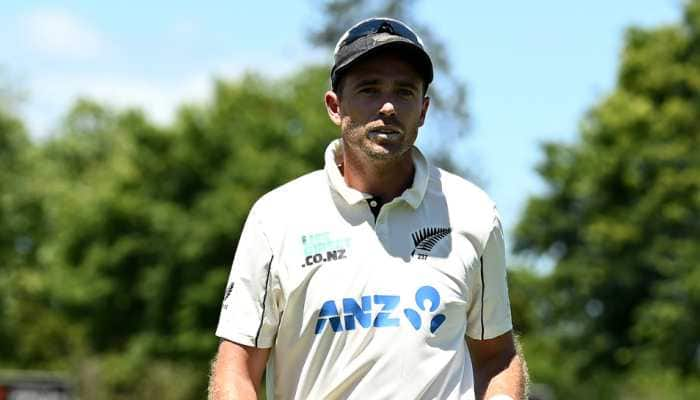Global Day Of Parents 2024: Parents Understand The Needs Of Their Children Best
The role of parents as citizens in shaping the future of their children in government schools is worth examining. Across continents, across countries, across contexts- parents want better things for their children than they had for themselves. They want their children to reap the benefits of what they sowed.
Trending Photos
) Image credit: Freepik
Image credit: Freepik The deep emotional connection between parent and child acts as a powerful lens, allowing parents to perceive their child's subtle cues, emotional shifts, and well-being changes that might escape others. Parents bring first-hand experience and are primary caregivers as shared by Sidharth Chopra is the co-founder and Director at Samarthya.
When the pandemic hit, Mrs. Sneha (name changed), a parent of a child who goes to a government school, noticed that the children in her colony spent the entire day frolicking around. She asks one of them, why are they doing this instead of spending their time learning. The child replies “We do not have books to study”. A solution dawns on Mrs. Sneha. She goes door to door, requesting students from different classes to donate books from the grades they have already passed. In a few days, she gathers over 250 books. She distributes them among the students, and the students can engage in learning.
In this story, it is the insight and initiative of a parent that enables a drastic shift. These parents may not have had the best education. But they certainly are aware of the needs of their children, certainly keep the best interest of their children's heart. Parents, like Mrs. Sneha, are living testament that initiative and insight are way more fundamental to meeting children’s needs than the literacy of a parent.
Parents play a pivotal role in shaping their child's development, influencing their values, beliefs, and behaviors. Parents provide love, support, and guidance, laying the foundation for their child's future. They serve as role models. A parent's presence offers security and stability, creating a sense of belonging. Moreover, parents are instrumental in nurturing their children's emotional well-being, helping them navigate through challenges and celebrate successes. Global Parents Day celebrates all of this.
In our country, parents from vulnerable backgrounds often (sometimes by choice and sometimes due to the lack of it) entrust the government schools with the futures of their children. Sometimes, it is the only intersection of their aspirations for their children and what is accessible to them. As those who have the most stake in the way that these government schools are run, it becomes imperative that these parents play a key role in shaping how the school, as a public institution, is run. It becomes imperative that they not only get to witness the future of their children, but also shape it.
The role of parents as citizens in shaping the future of their children in government schools is worth examining. Across continents, across countries, across contexts- parents want better things for their children than they had for themselves. They want their children to reap the benefits of what they sowed. Leveraging this sentiment, there is a need to ensure that the cause of systematically improving parental participation in public education gets more momentum.
In the last decade, Indian education has improved substantially, mainly as a result of the implementation of the Right of Children to Free and Compulsory Education Act (RTE) in 2009. Section 21 of the RTE Act mandates the constitution of School Management Committees (SMCs) in all of its 10 Lakh+ government schools across the country. Recognizing the stake that parents hold in this system, 75% of this committee is mandated to be parents whose children study in the school. Ideally, systemic avenues such as SMCs and Parent Teacher Meetings are avenues through which parents can contribute to shaping the future of children.
However, the reality of our public education system is still catching up to this democratic vision. Participatory platforms often lie defunct. Currently, there are open platforms in which decisions are made behind closed doors and platforms in which parents are only informed, not involved.
As Parents have a long-term view of their child's growth and development, unlike educators or healthcare providers who might interact with the child for limited periods. By leveraging their deep emotional connection, first-hand experience, and intuitive understanding, parents, if given the right support and guidance, can shape the destinies of their children.
Stay informed on all the latest news, real-time breaking news updates, and follow all the important headlines in india news and world News on Zee News.
Live Tv







)
)
)
)
)
)
)
)
)
)
